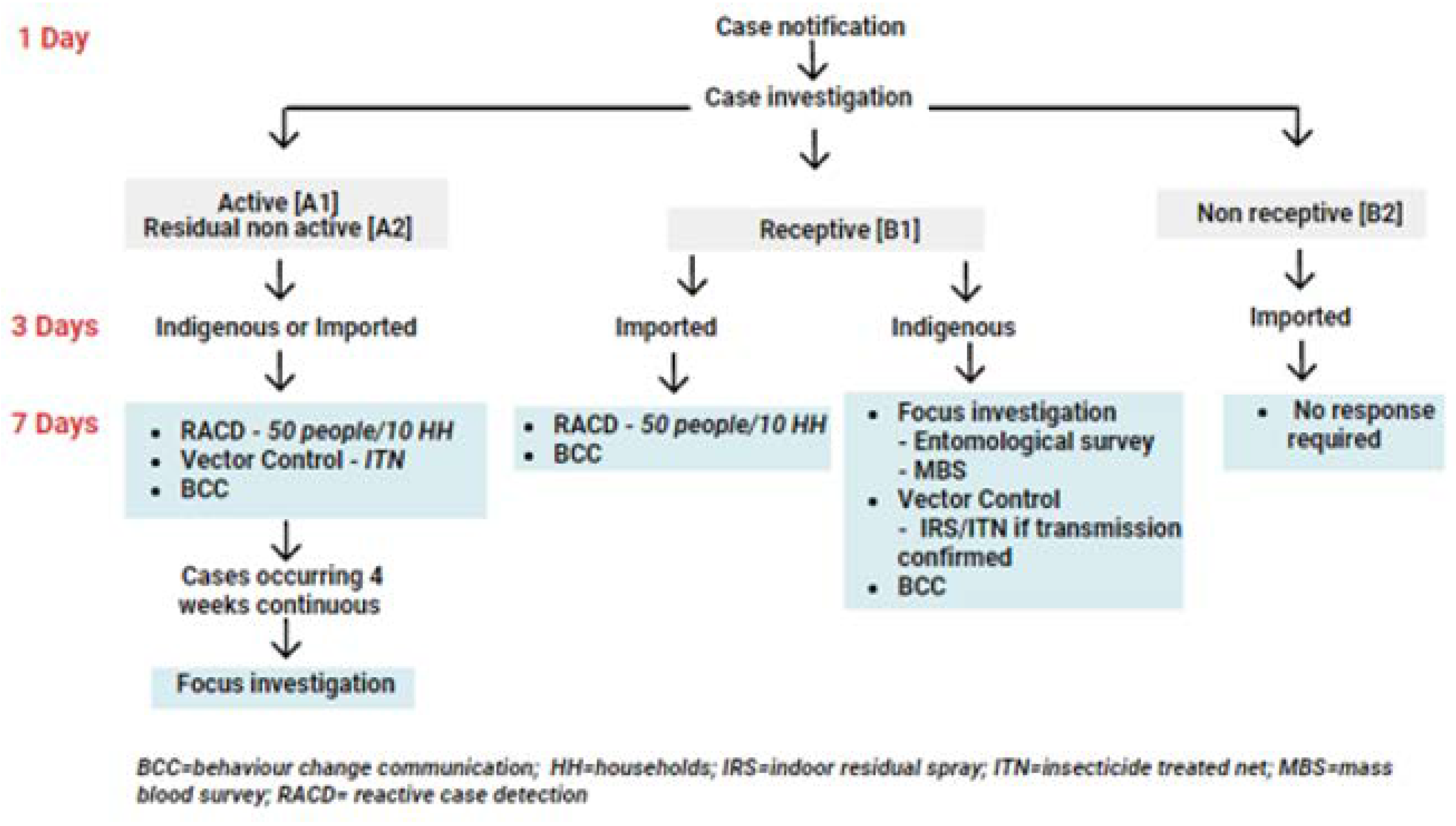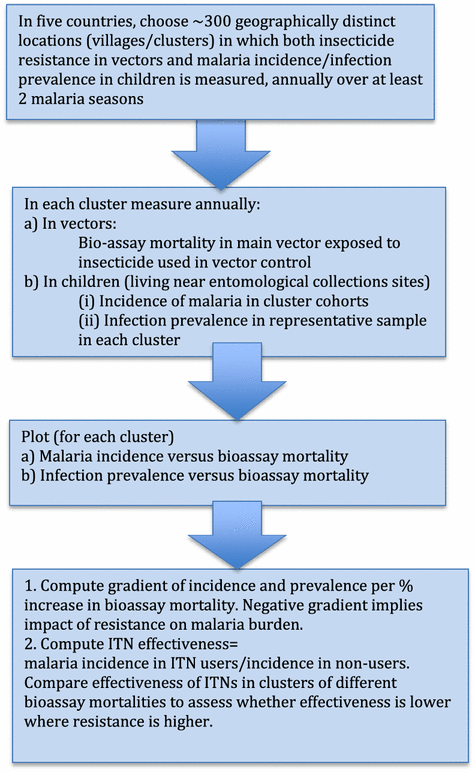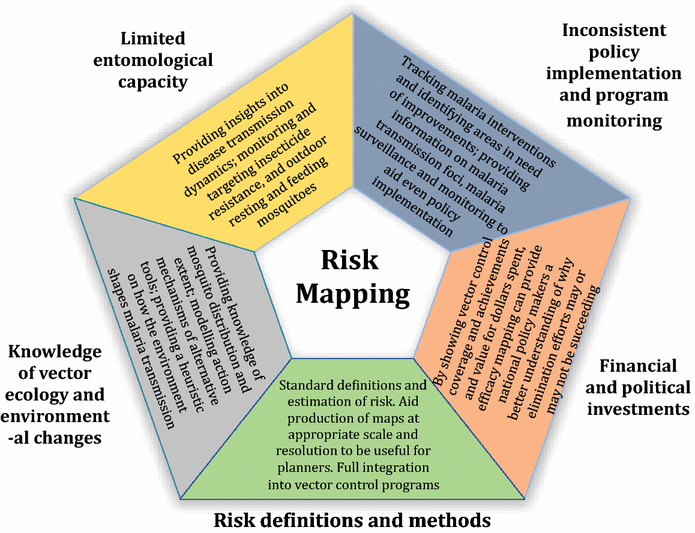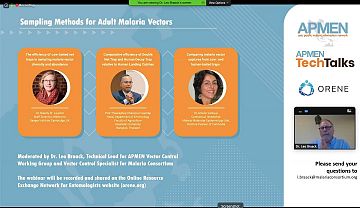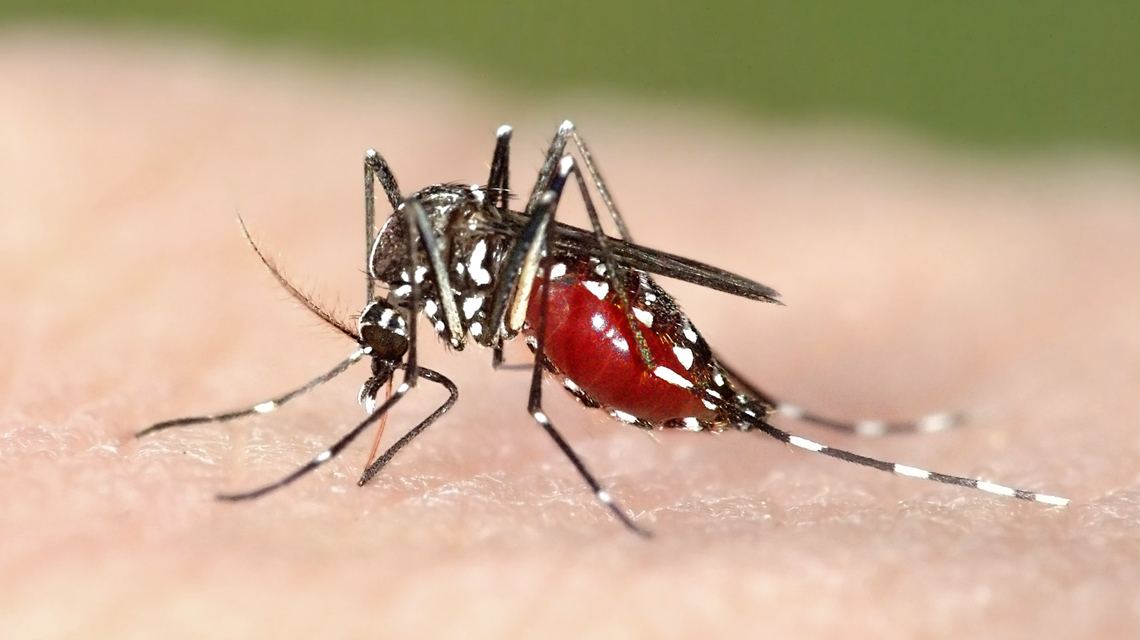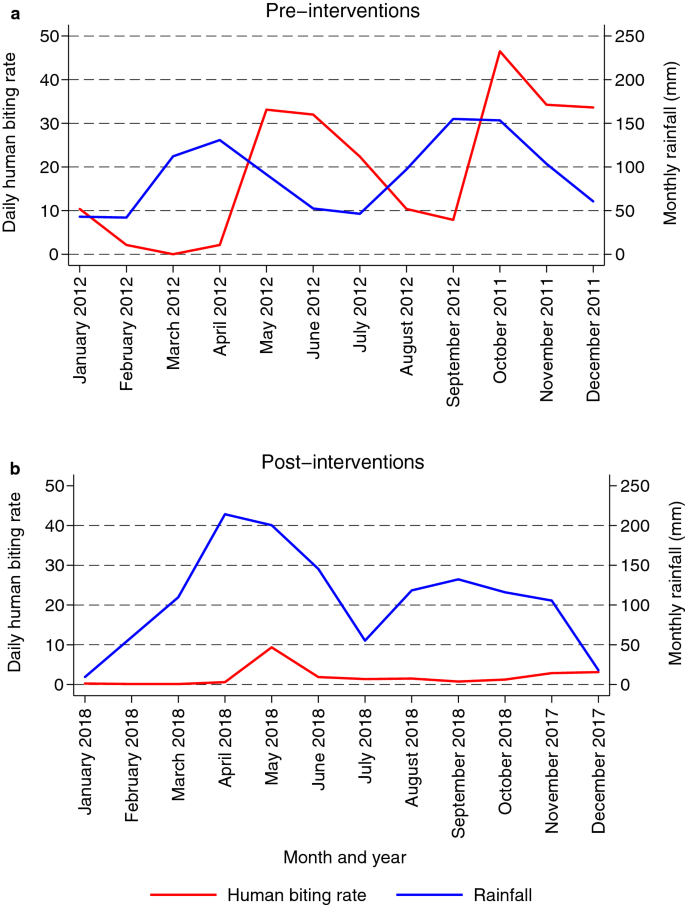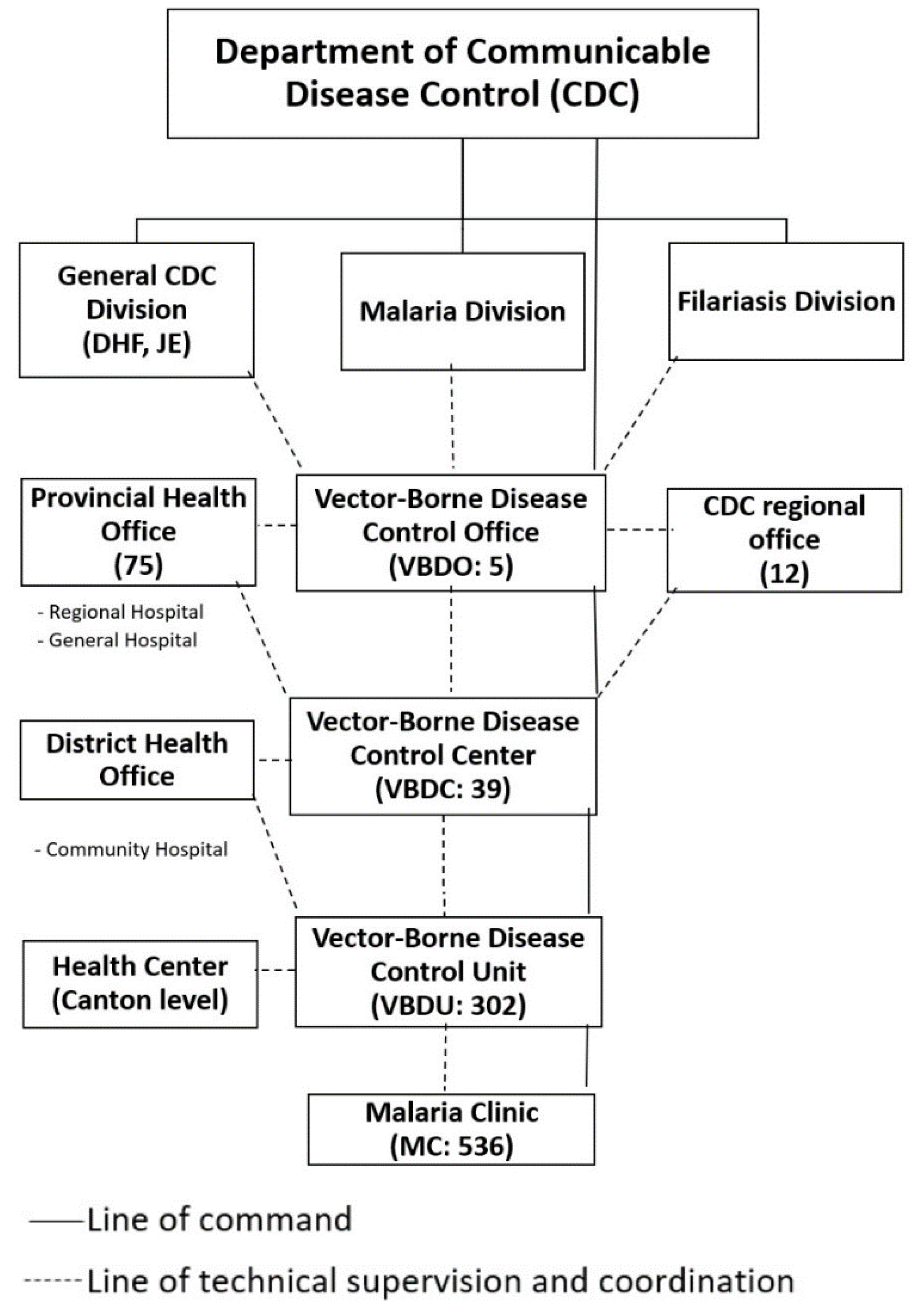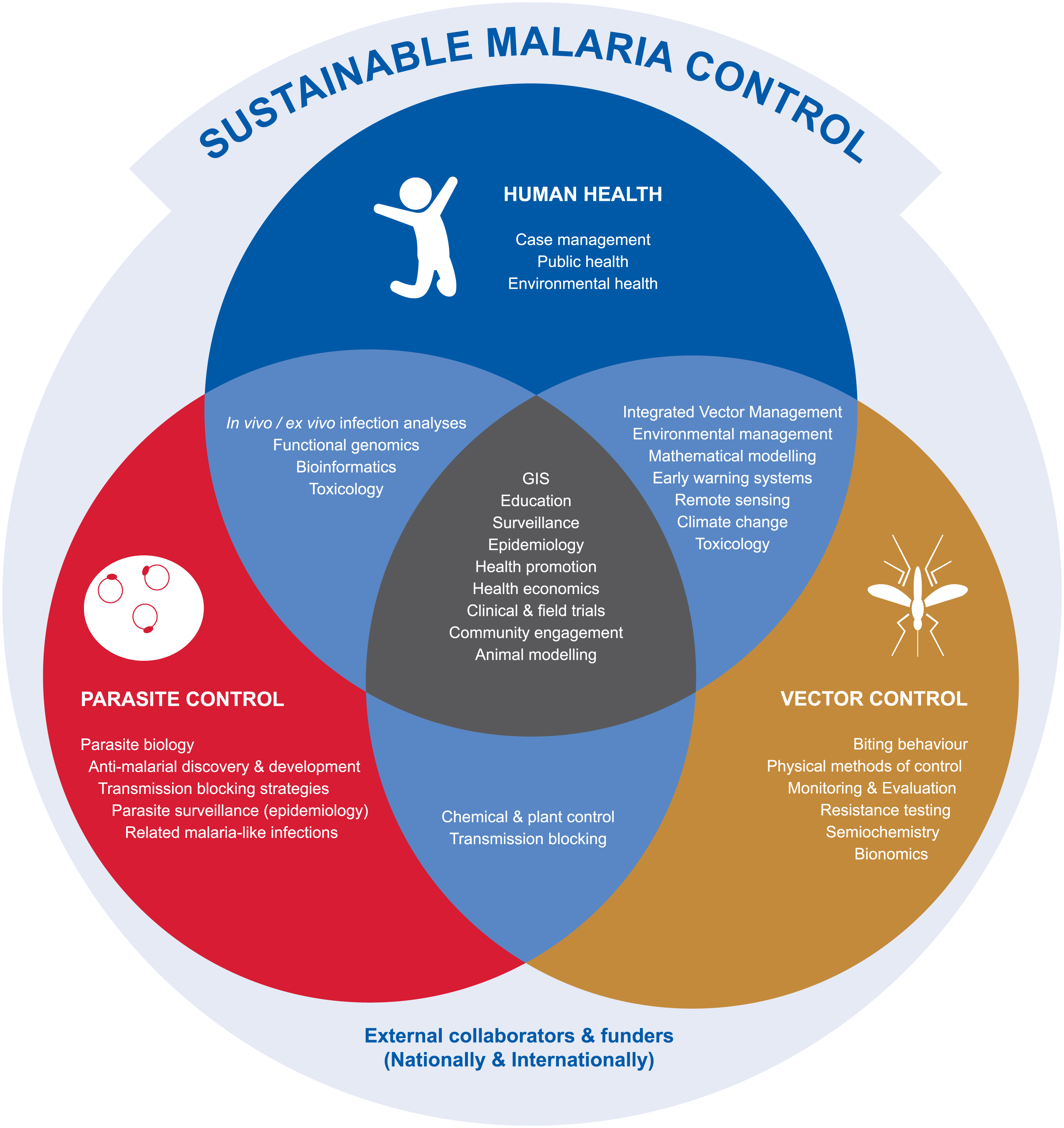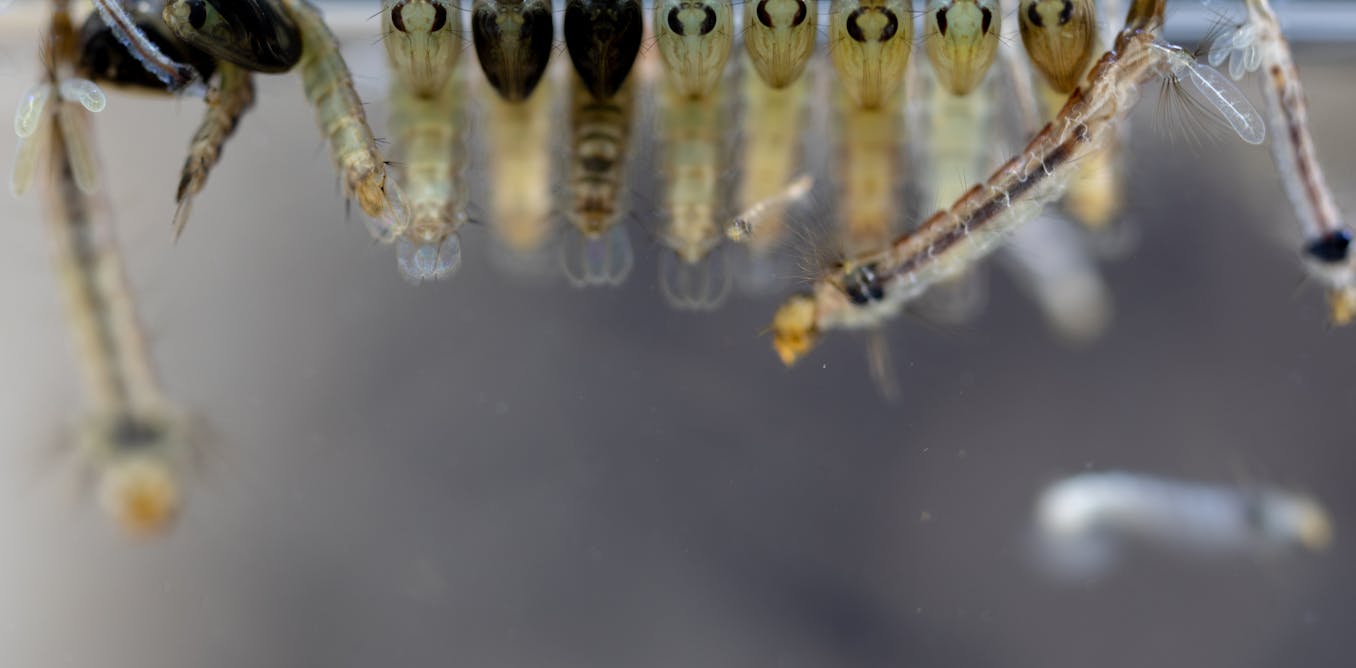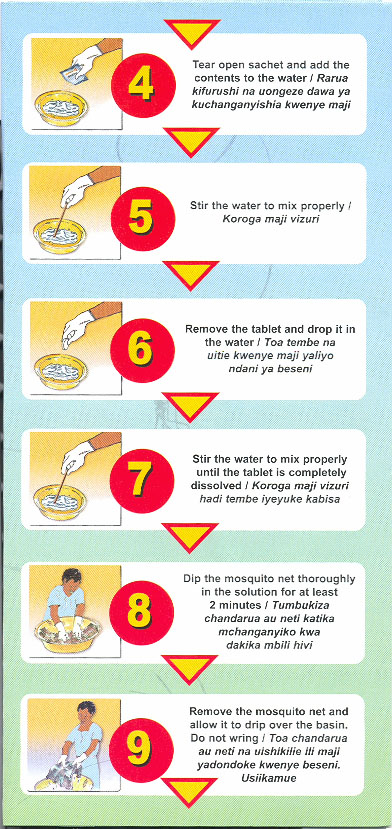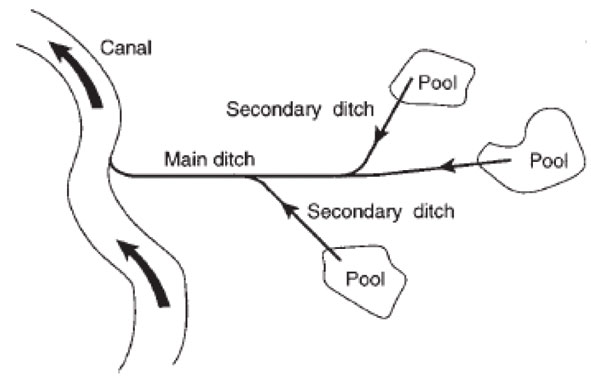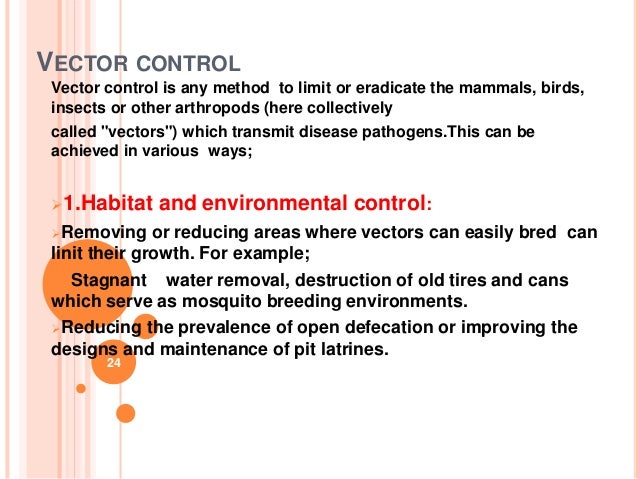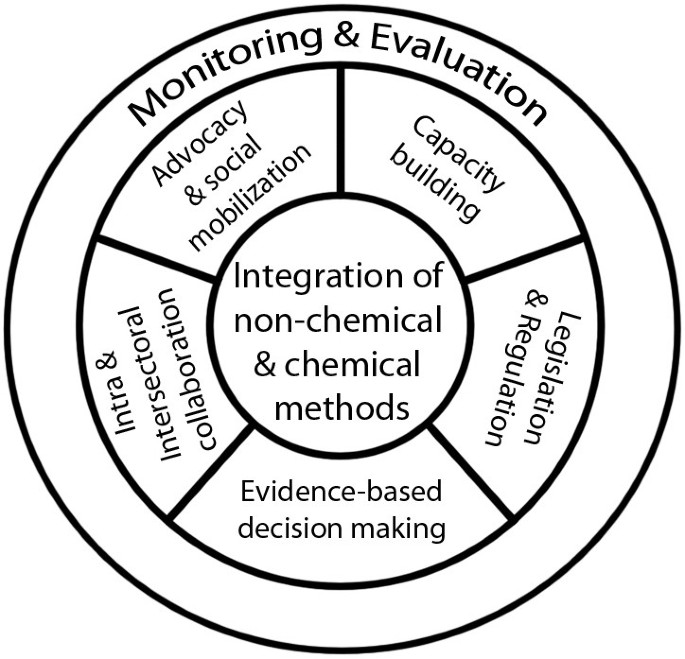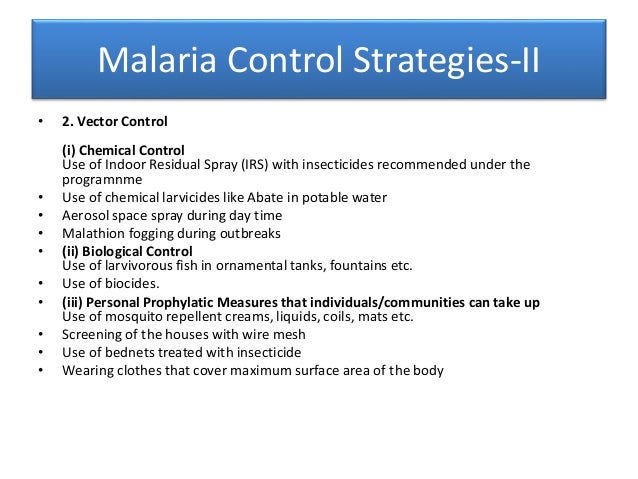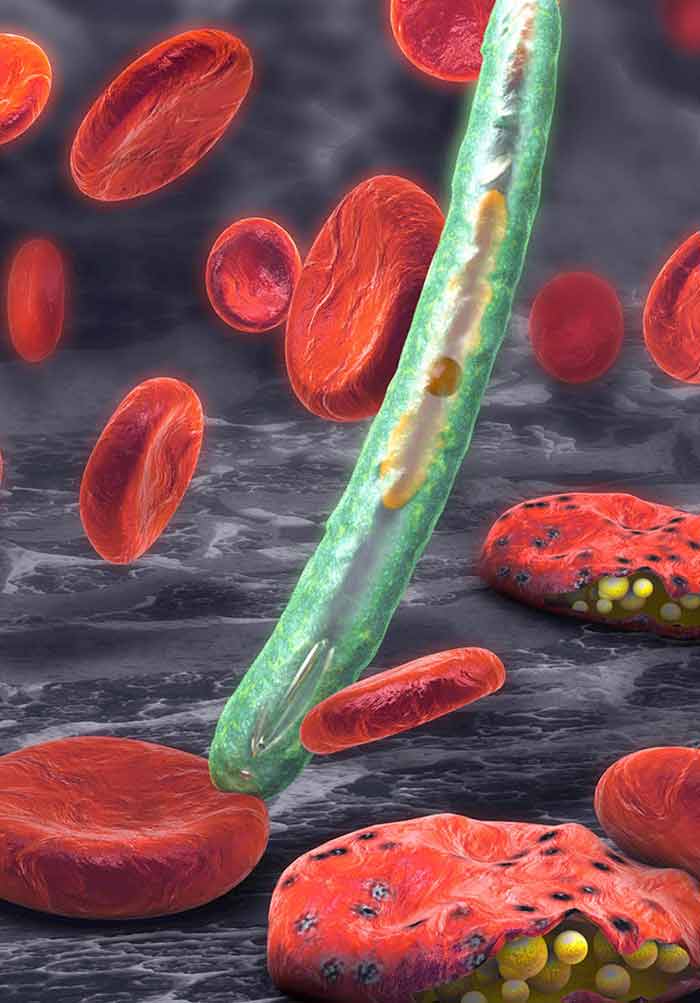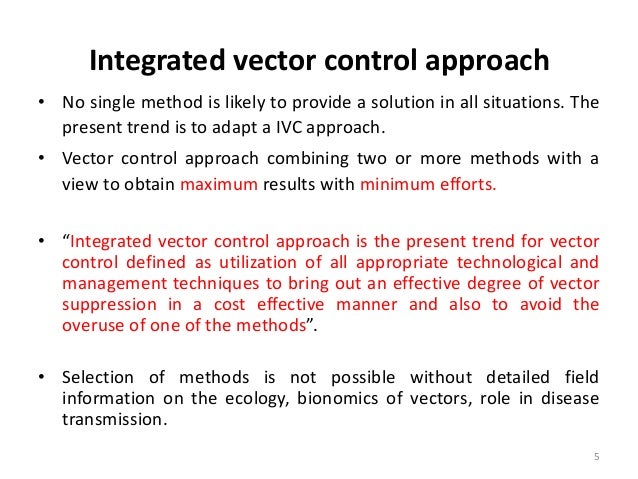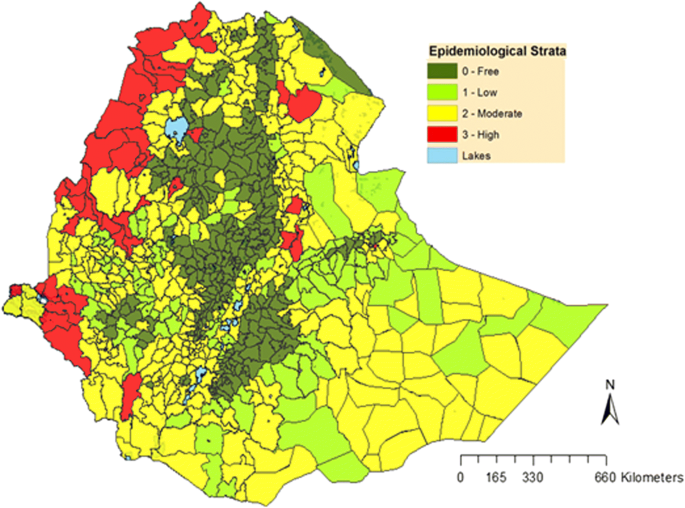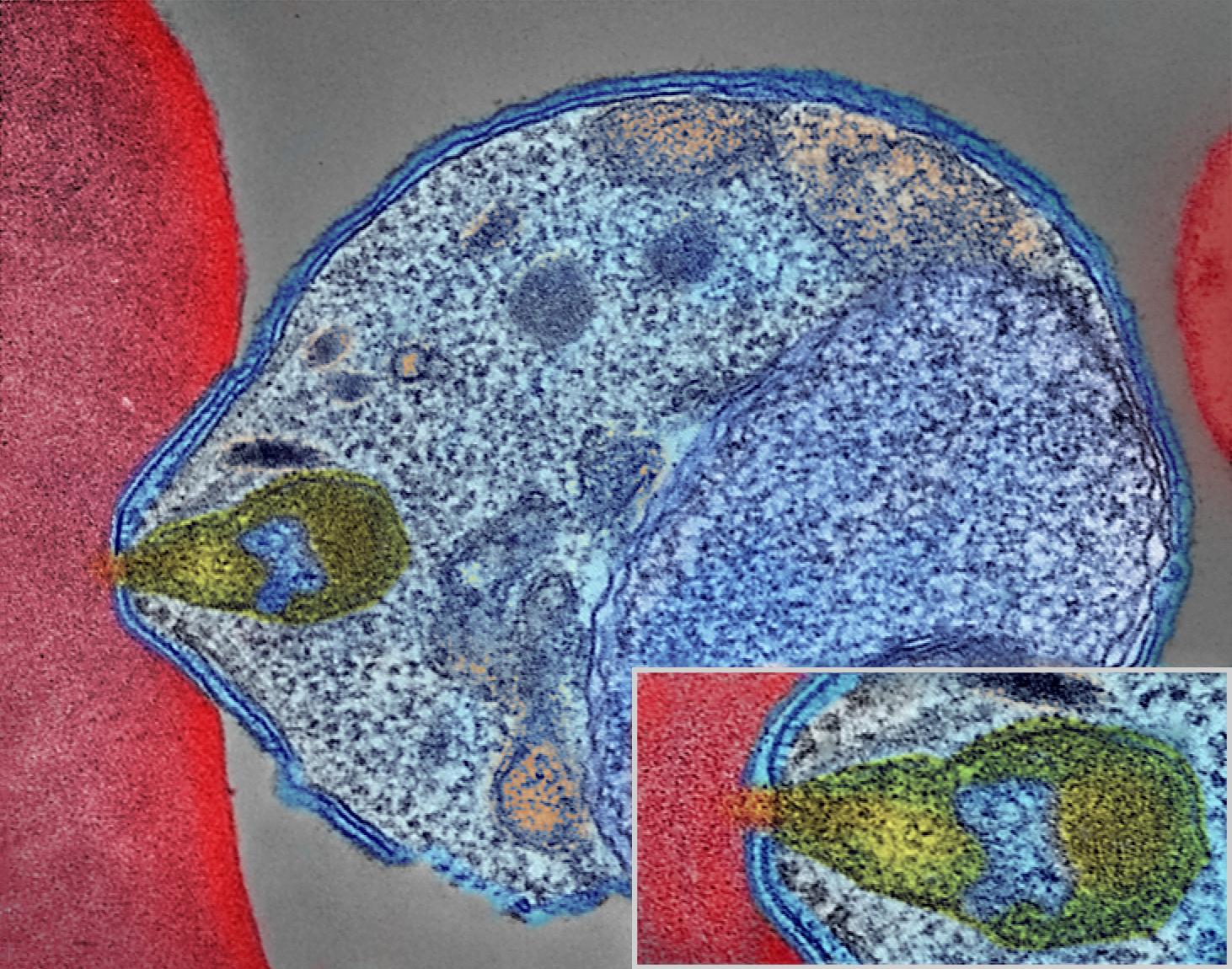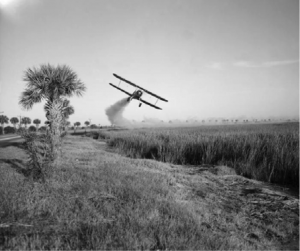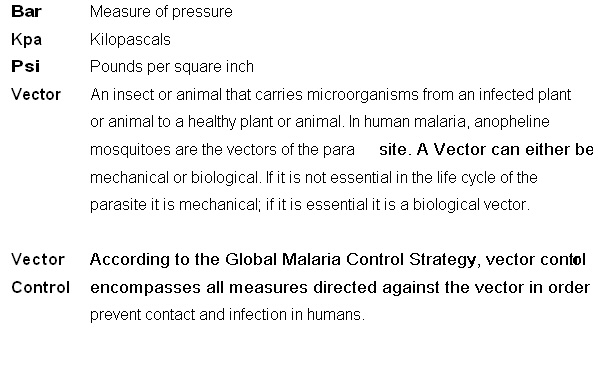Vector Control Methods For Malaria
For some mosquito species habitat elimination is not possible.
Vector control methods for malaria. Oils may be applied to the water surface suffocating the larvae and pupae. Core vector control methods insecticidal treated nets itns and indoor residual spraying irs are the two most important vector control measures that protect humans from the bites of mosquitoes carrying the malaria parasite. The 2 core broadly applicable measures for malaria vector control are insecticide treated nets itns and indoor residual spraying irs. Vector control using long lasting insecticidal nets llins and indoor residual spraying irs accounts for most of the malaria burden reductions achieved recently in low and middle income countries lmics.
Vector control has been proven to successfully reduce or interrupt malaria transmission when coverage is sufficiently high. Supplementary vector control methods. Vector control refers to methods used to decrease malaria by reducing the levels of transmission by mosquitoes. These two interventions are found to be effective in malaria control but not sufficient to eliminate malaria.
The principal method by which these diseases are controlled is through vector control which has a long and distinguished history. Prevention of malaria is currently based on two complementary methods. While effective tools have been and will continue to be developed to combat malaria inevitably over time the parasites and mosquitoes will evolve means to circumvent those tools if used in isolation or used ineffectively. Chemoprophylaxis and protection against mosquito bites.
Vector borne diseases vbds such as malaria dengue and leishmaniasis exert a huge burden of morbidity and mortality worldwide particularly affecting the poorest of the poor. While several malaria vaccines are under development none is available yet. Malaria is a difficult disease to control largely due to the highly adaptable nature of the vector and parasites involved. Other methods which are less disruptive to the environment are usually preferred.
For these species chemical insecticides can be applied directly to the larval habitats. For individual protection the most effective insect repellents are based on deet or picaridin.




